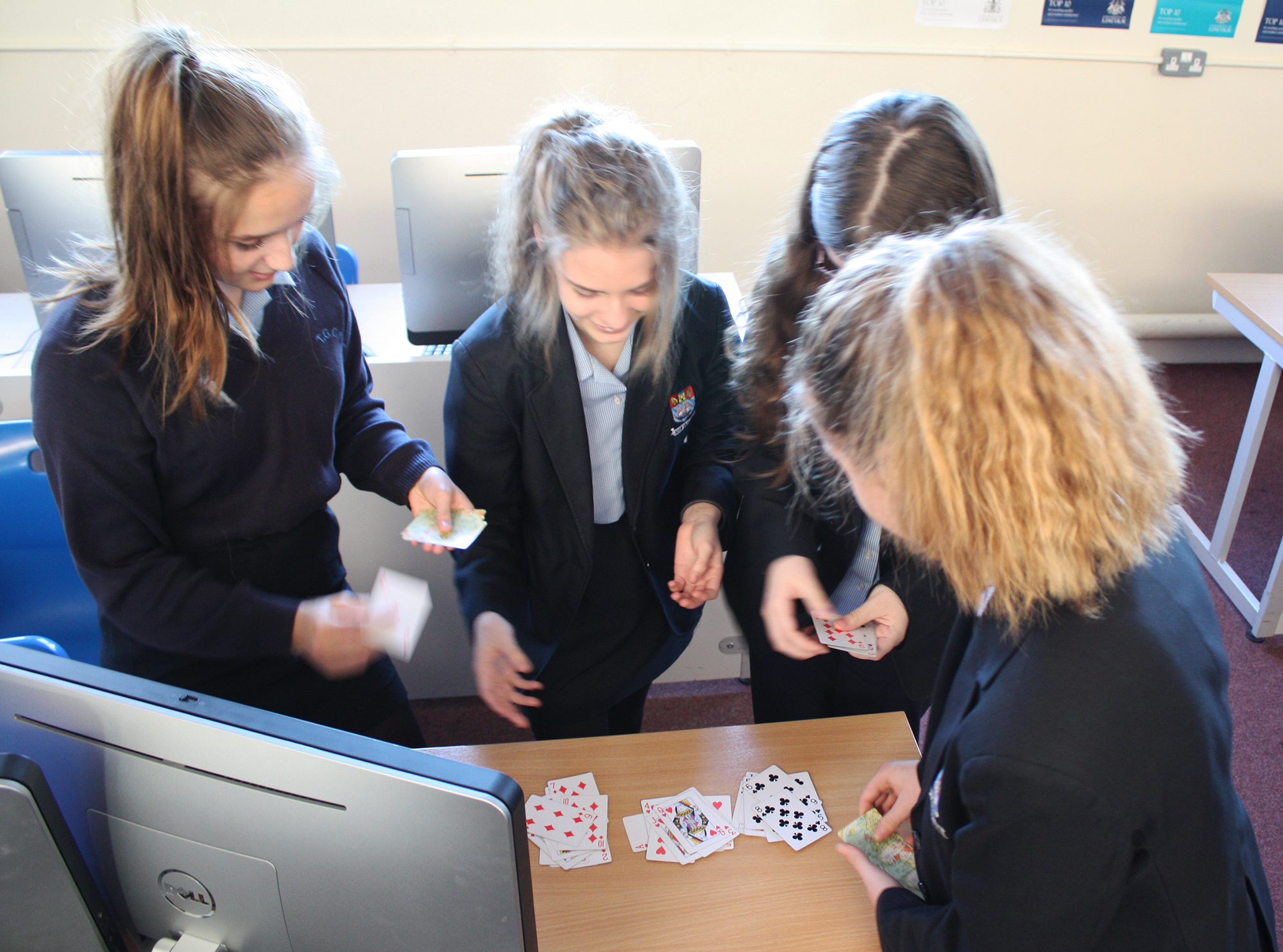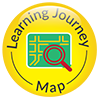Current Teaching Staff:
Mr G Neighbour - Head of Department
Ms J Potter
Curriculum Intent:
Students need to be able to safely use computational thinking skills, digital literacy knowledge and creativity to understand and solve problems, whilst developing the ability to independently choose appropriate software for a range of different tasks. This will enable them to utilise these skills in future digital careers and / or further study.
Subject Overview
Computer Science is a discipline that seeks to understand and explore the world around us, both natural and artificial, in computational terms. Computer Science is particularly, but by no means exclusively, concerned with the study, design, and implementation of computer systems, and understanding the principles underlying these designs.
The method of delivery for programming tasks in the department is the PRIMM model.
Plan - Learners are presented with a program to read and try to predict what it will do. Learners should verbalise and discuss their predictions before writing things down. The Predict stage works well as a paired or small group activity. This helps to build the necessary vocabulary through dialogue. Learners should be focused on what will happen when the code is run.
Run - This is where learners get to test their predictions from the previous stage.
Investigate - The Investigate stage uses questioning techniques that are linked to work produced by Schulte in the Block Model. The focus of the model is code comprehension.
Modify - Learners complete a variety of modifications to the code that they have previously investigated, with an increasing level of challenge. The scaffolding is carefully removed as learners become more comfortable with the new concepts that they have learnt.
Make - For the Make stage, learners are given a new problem to solve that uses the same structure and concepts that have been learnt. This gives them time to apply new learning in a familiar setting. The Make stage involves algorithm design in which learners use their computational thinking skills to break the problem down into sub-goals and produce an algorithm for the solution.
The department is keen to develop opportunities for our learners, including regular participation in the CyberFirst Girls Competition and through participation in the Perse Team Coding Challenge.
At key stage 4, we provide opportunities that enhance our students’ experience of Computer Science; these include helping to run the lower school coding club, as well as encouraging students to enter the Perse Team Coding Challenge. In addition to this students are actively encouraged to join and participate in the CyberFirst courses from GCHQ. Finally, visits take place to the Meteorological Office in Exeter, to see how Computer Science is used in an applied context, as well as working closely with the Computer Science departments of the local universities.
SMSC
SMSC is covered at appropriate times throughout the year and shared with the wider school community for example Safer Internet Day.
The curriculum is focused on developing an understanding of how Computer Science fits not only into the wider curriculum, but also how it fits in with students’ future lives and careers. Thus we tackle topics such as Computer Science and the Law, as well as Artificial Intelligence and Machine Learning. Throughout curriculum students are exposed to and expected to be able to deal with confidently a whole range of moral and ethical situations associated with the use of computers.
British Values
Open and free debate is encouraged in the subject allowing the students to understand and embrace the fundamental British values of Respect and Tolerance, as well as Individual Liberty.
Reading
Students are encouraged to read around the subject and there is a well-stocked section in the school library devoted to Computer Science. In addition, the students have access to the departmental SharePoint where recommended reading is also listed.
Oracy
The curriculum has been constructed in such a way that students are encouraged to debate and to discuss issues around Computer Science and the impact of their use in the wider world.
Careers
The schemes of work have been constructed in such a way that the Computer Science is taught in an applied way, with the discussion of opportunities in the sector frequently discussed.
The department has built links with universities and other Institutes of Higher Education from across the UK which allow students to benefit from talks and workshops from leading academics.
Students are also encouraged to participate in competitions that will allow them to develop their skills for example the CyberFirst Girls Competition (https://www.ncsc.gov.uk/cyberfirst/girls-competition) and the Perse Team Coding Challenge (https://pctc.perse.co.uk/).
Workplace visits are arranged and students are encouraged to take the opportunities offered with for instance the Meteorological Office). Students are encouraged to seek work experience with our local employers.
Computer science jobs are some of the highest in demand and pay very well, with an average salary of £45,000 per annum. Educational institutions are expanding their computer science degree courses to teach emerging technologies.
The technology industry continues to grow and evolve rapidly, and there is still a high demand for professionals with computer-related skills and knowledge.

Government Shortage Occupation List – August 2023
The professional body for Computing is the British Computer Society (BCS - The Chartered Institute for IT). There are lots of possibilities in Computer Science and Information Technology. What can you do with a degree in Computer Science? Check out the opportunities here. What can you do with a degree in Information Technology? Check out the opportunities here. |
Character skills
The curriculum has been carefully mapped to the Essential Skills from the Skillsbuilder Partnership (https://www.skillsbuilder.org/) and students are encouraged to engage in developing the skills required through a range of opportunities.
Students are assisted in becoming ambassadors for the subject and are encouraged to contribute to the development of the programme of the KS3 Coding Club and to help develop a programme of talks.
Dedicated and focused support is offered to students who wish to pursue the subject further, whether here at TGGS or with another provider, with a bespoke Oxbridge program in place for students wishing to pursue Computer Science.
Computer Science Skills Poster
Where can Computer Science take you?




